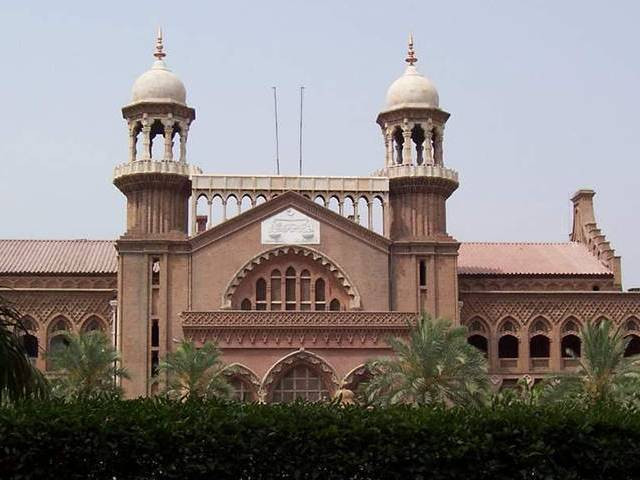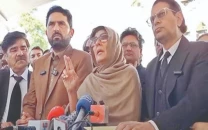Lahore High Court pushes forward with case record digitalisation
'The law of evidence must be amended before anything further can be done'

The Lahore High Court (LHC) has directed the Attorney General Mansoor Awan and the Advocate General of Punjab Muhammad Amjad Pervaiz to take steps toward necessary legislation for the digitalisation of case records.
Chief Justice Aalia Neelum issued the direction while heading a three-member LHC bench, which took up a petition urging the digitisation of case records.
Counsel Azhar Siddique, representing petitioner Sheikh Imtiaz Mahmood, argued that adding an accused person to multiple cases based on a supplementary statement was unlawful. He requested the court to order the digitalisation of the police system as well.
CJ said all relevant institutions had fulfilled their responsibilities and that the courts, police, prosecution and prison systems had now been electronically linked. "Judges can access the system to review details of all cases," she added.
“Even from home, one can see if a person has been declared an accused. Many people have suffered due to the lack of such a system,” the Chief Justice noted. “For this reason, all case records have now been computerised,” he said, adding that legal assistance is required to complete the system.
She remarked that no meaningful progress could be made until amendments were introduced to the Qanun-e-Shahadat (Law of Evidence). “The law of evidence must be amended before anything further can be done,” said the chief justice. “Many processes have improved significantly,” the court added.
Read: SC rolls out online portal for public access to judicial details
CJ Aaila Neelum stated that completing the system required legal support. Access had already been granted to the Advocate General and the prosecution, and each judge had been provided with a password.
Digitalisation of records
Chief Justice of Pakistan Yahya Afridi had announced in September that the courts would be heading to digitalisation, signalling key changes. One of the focuses, alongside digitalisation, was to make matters of the court more accessible to the common citizen, which is what the second pillar addresses.
Read more: Top judge announces digitalisation of courts
The Supreme Court in October hosted an event that witnessed the signing of a MoU between the Law and Justice Commission of Pakistan (LJCP) and the National Information Technology Board (NITB), and the formal launch of the E-Office system in the Supreme Court.

























COMMENTS
Comments are moderated and generally will be posted if they are on-topic and not abusive.
For more information, please see our Comments FAQ